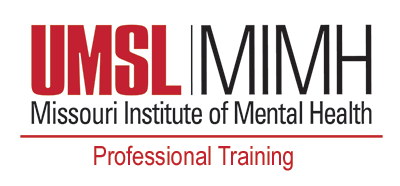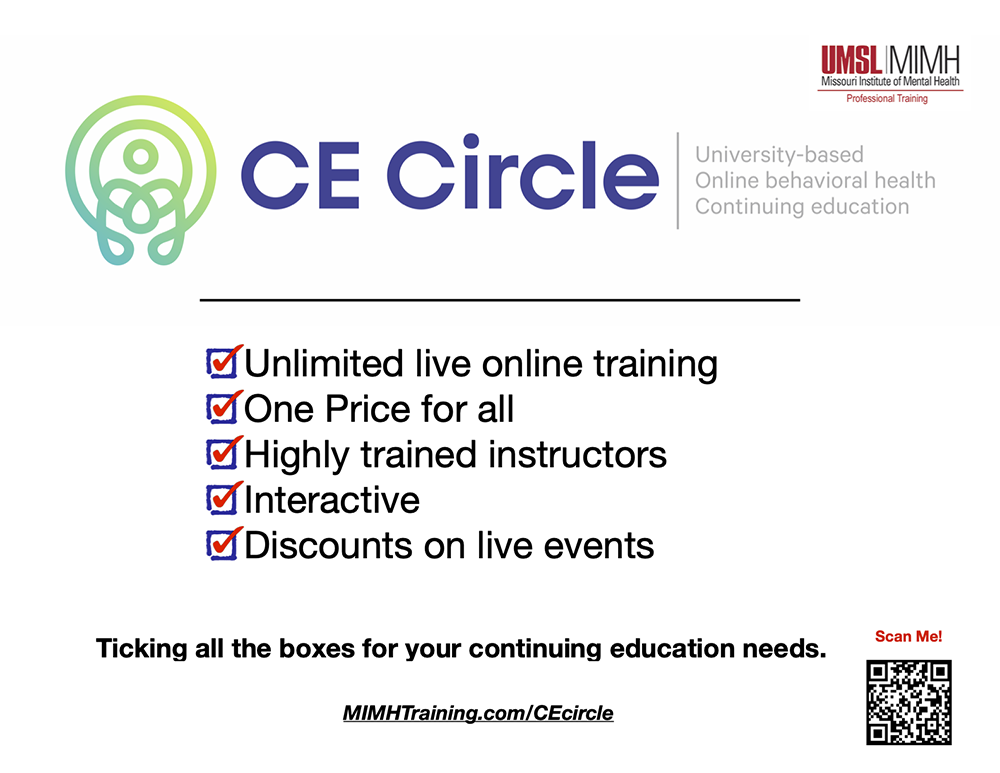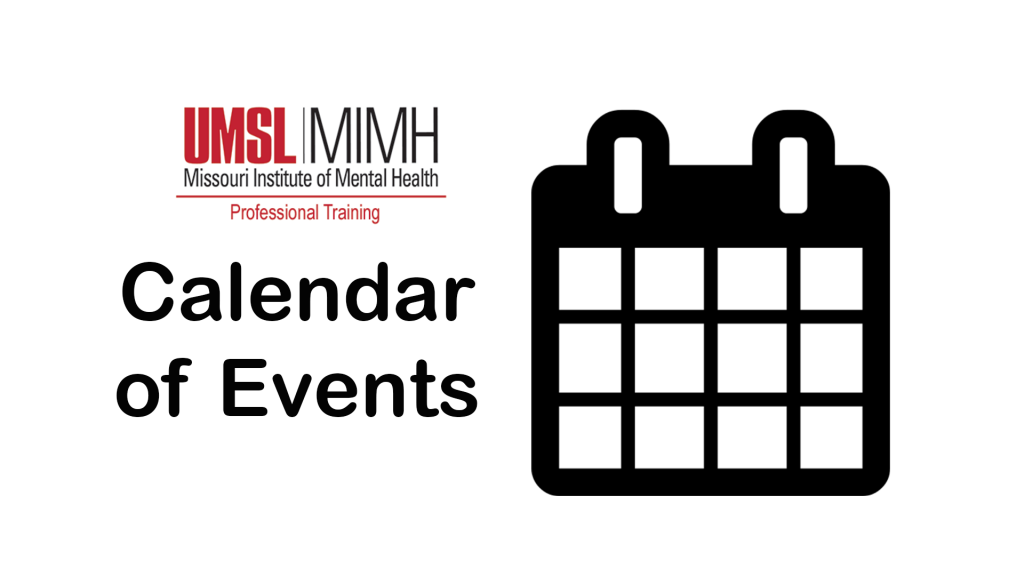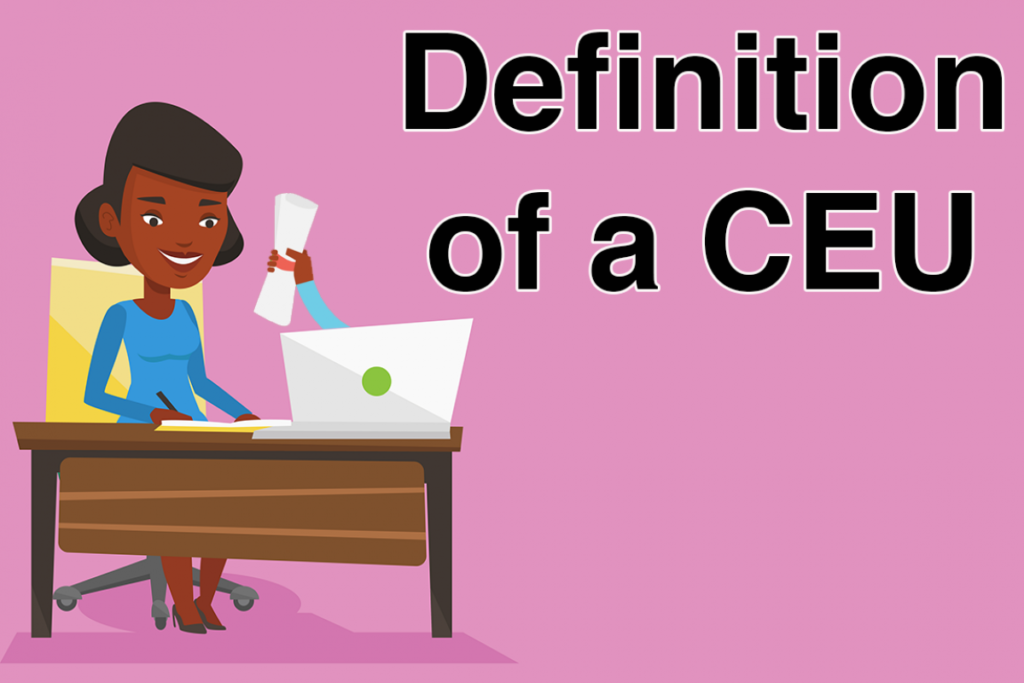Helping Children with Functional Pain
| Purchase This Training:
DVD for $25 |
[tab:Details]
Description:
Many children suffer from recurrent or chronic pain that is not due to a medical problem. This type of pain is referred to as functional pain. The most common types of functional pain reported by children are recurrent stomachaches and headaches. The cost of functional pain is considerable. Children with functional pain make frequent doctor visits and are often referred to tertiary care facilities. In addition, several hundred thousand school days are lost each month as a result of functional pain and school absences can negatively impact a child’s academic and social development. A number of psychological interventions have been found to be highly effective in decreasing the frequency, duration, and intensity of pain episodes. Nevertheless, it can be difficult for families to access effective treatment.
Release Date:
1/1/2010
Duration:
20 minutes
[tab:Presenter]
Presenter:
Sarah Hanly, PhD Sarah Hanly, PhD received her first Doctorate in Molecular Biology from Rockefeller University in New York. She went on to do a post-doctoral fellowship at the Howard Hughes Medical Institute at the Duke University Medical School in Durham, North Carolina. She earned her Master’s and Doctorate degrees in Clinical Psychology from the University of Missouri-St. Louis. Her work as a Psychology Intern for the St. Louis Psychology Internship Consortium brought her to the Missouri Institute of Mental Health, where she helped create Camp Pain Retreat, a program that provides information to parents and offers suggestions to help children with functional pain.
[tab:Accreditation]
Accreditation
The University of Missouri, Missouri Institute of Mental Health will be responsible for this program and will maintain a record of your continuing education credits earned. MIMH will award 1 clock hour or 1.2 contact hours (.1 CEU) for this program. MIMH credit will fulfill Clinical Social Work and Psychologist licensure requirements in the State of Missouri. Attendees with licensure from other states are responsible for seeking appropriate continuing education credit, from their respective boards for completing this program.
License information for Missouri residents: http://pr.mo.gov/professions.asp
[tab:END]
